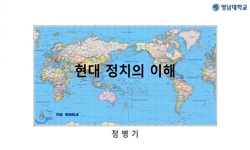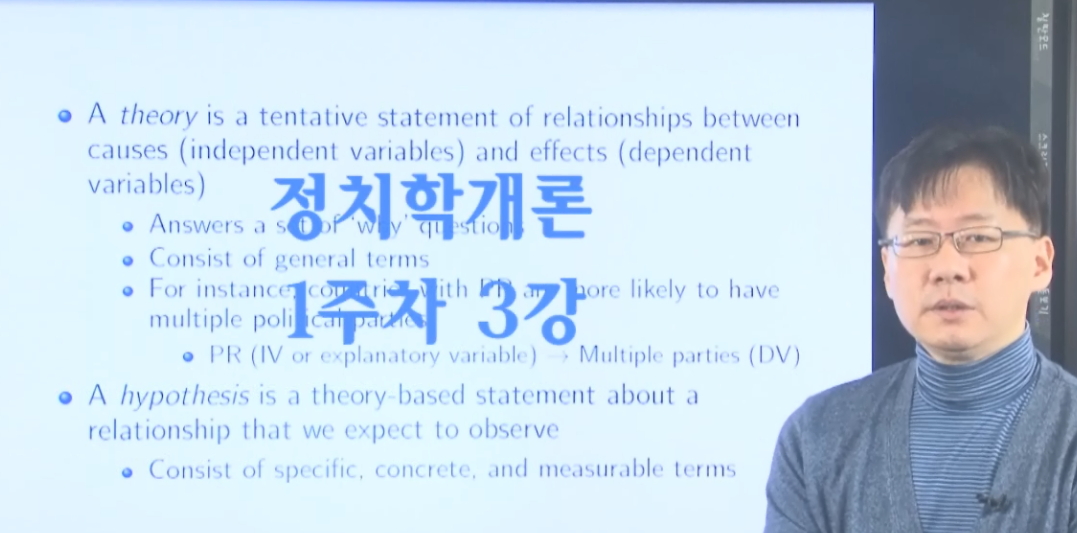The main hypothesis stated that a group's approach to conflict (resolve, avoid, or aggressive), combined with the decision rule (consensus or majority rule), would strongly impact the group final decision. The study proposed 4 types of decisions that...
http://chineseinput.net/에서 pinyin(병음)방식으로 중국어를 변환할 수 있습니다.
변환된 중국어를 복사하여 사용하시면 됩니다.
- 中文 을 입력하시려면 zhongwen을 입력하시고 space를누르시면됩니다.
- 北京 을 입력하시려면 beijing을 입력하시고 space를 누르시면 됩니다.
Conflicting decisions: Measuring group conflict management styles in a crisis decision-making environment.
한글로보기https://www.riss.kr/link?id=T10717411
- 저자
-
발행사항
[S.l.]: George Mason University 2005
-
학위수여대학
George Mason University
-
수여연도
2005
-
작성언어
영어
- 주제어
-
학위
Ph.D.
-
페이지수
208 p.
-
지도교수/심사위원
Director: Daniel Druckman.
-
0
상세조회 -
0
다운로드
부가정보
다국어 초록 (Multilingual Abstract)
The main hypothesis stated that a group's approach to conflict (resolve, avoid, or aggressive), combined with the decision rule (consensus or majority rule), would strongly impact the group final decision. The study proposed 4 types of decisions that these groups might make: dominant, subset, integrative, or deadlock. Small decision-making groups were studied in the context of crisis intervention using an experimental simulation. Participants included 296 students in 100-level basic communication courses at George Mason University. Three homogenous groups were built around each conflict approach (avoid, resolve, aggressive) and one diverse group included members from each conflict approach. Each group was divided between majority rule and consensus for a total of 8 groups of three people each. Groups were asked to decide whether or not to intervene in a fictional ethnic conflict in a neighboring country. The subjects answered a short questionnaire and tape-recorded their discussions.
The main hypothesis was partially confirmed. A group's approach to conflict had a strong impact on the group final decision (F(3,3) = 25.31, p < .001). But the decision rule had no effect on the group final decision (F(1,3) = .03, p = .857).
The type of group (resolver, aggressive, avoider, or diverse) did not determine the type of decision (dominant, integrative, deadlock, or subset). Most groups made dominant or low integrative types of decisions. However, 90% of the conflict resolver groups favored integrative types of decisions, as hypothesized. There was no difference between consensus and majority rule in the type of decision.
However, consensus and majority rule did affect group process. For example, in a test of the group polarization effect at the .05 and .10 level of significance, aggressive and resolver groups in the consensus condition (t = 3.13, 70 df, p = .003; t = 1.83, 70 df, p = .07) and diverse groups in the majority rule condition (t = 1.99, 76 df, p = .05) became significantly more assured that their conflict roles were justified. This finding suggests that consensus causes extreme homogenous groups to become more extreme, but tempers opinions in groups with diverse views.









